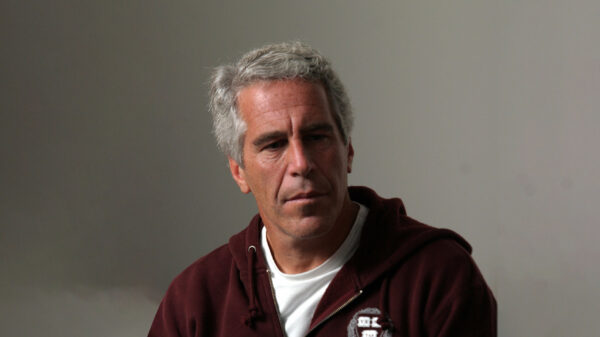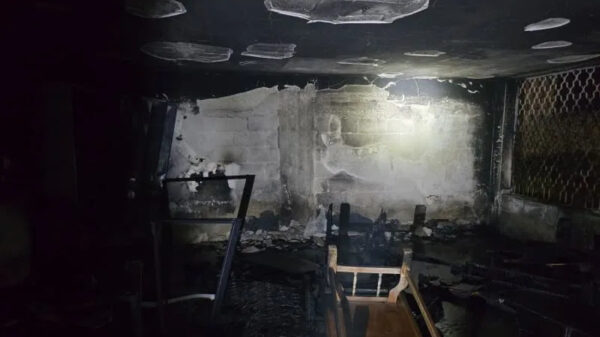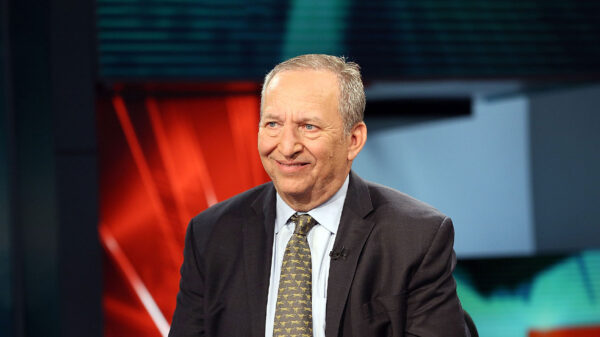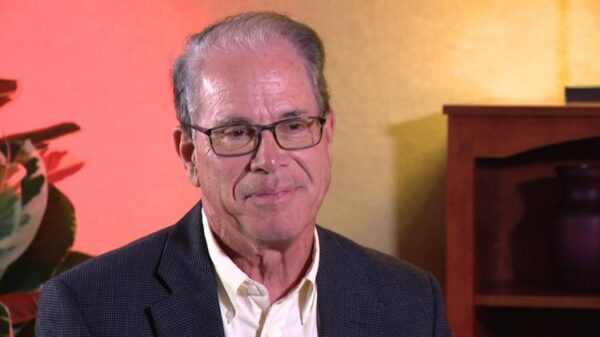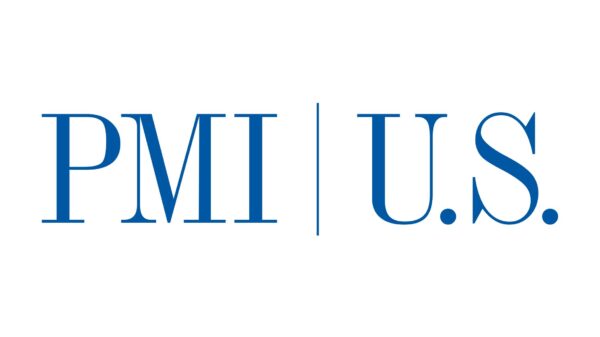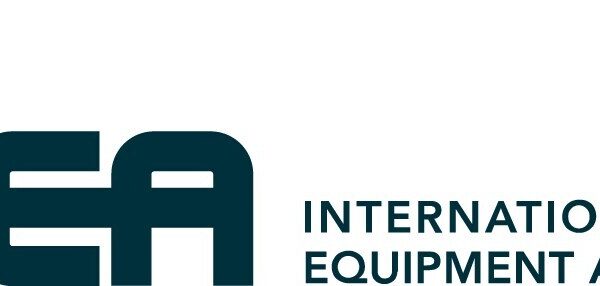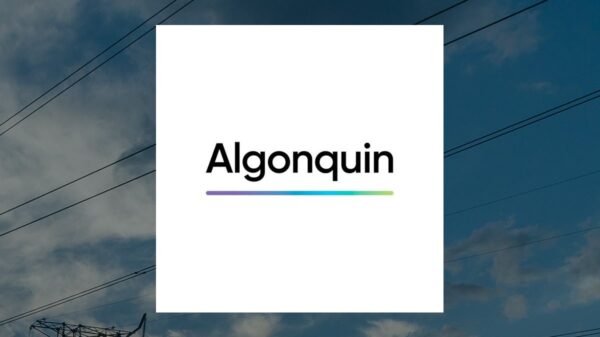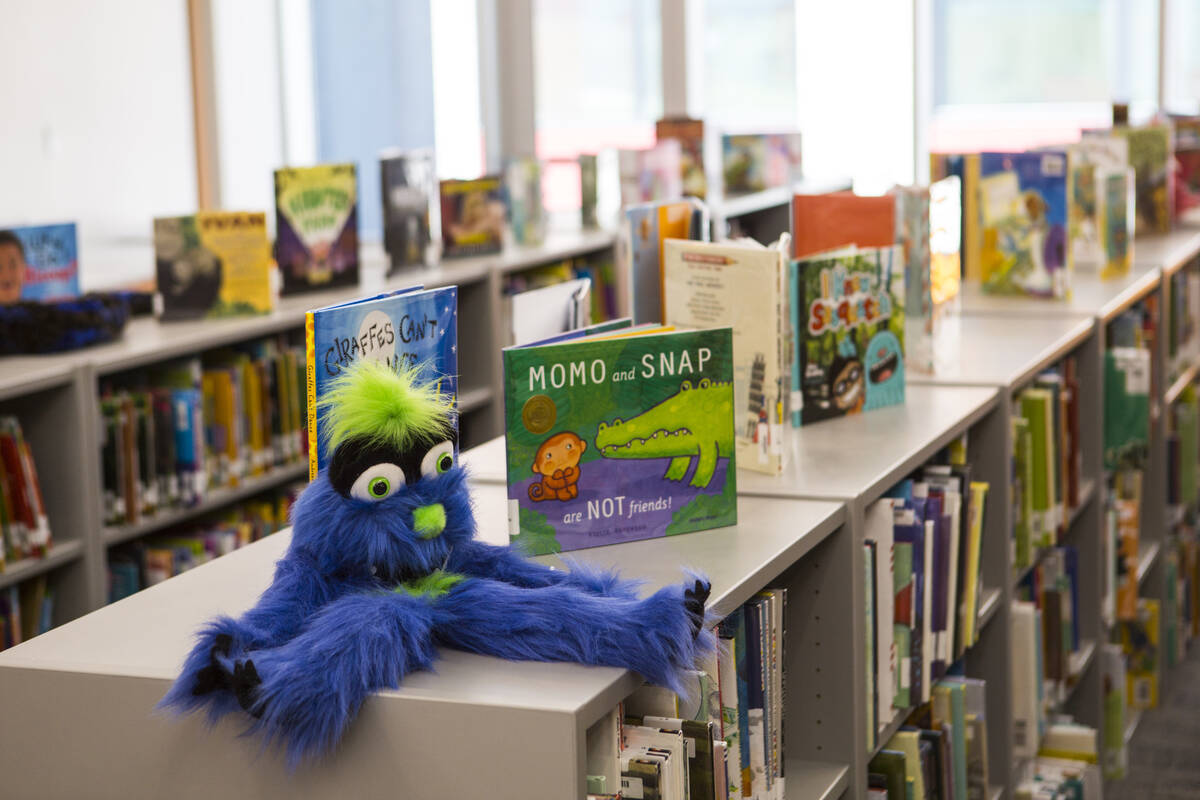A school librarian in the Clark County School District has sparked controversy by filing a police report after a school trustee publicly opposed the presence of pornographic material in school libraries. The incident, which took place at Reynaldo Martinez Elementary School in Las Vegas, Nevada, has raised questions about the availability of explicit content in educational settings.
The situation unfolded when Lydia Dominguez, a trustee for the district, made a post on Instagram expressing concern over what she described as “pornographic material” available to children. In her statement, Nicole Beer, the school librarian, claimed that the post left her feeling vulnerable to potential prosecution. Beer cited Dominguez’s words: “I pray for the children exposed to pornographic material in our libraries. In Jesus name cleanse these libraries from all evil.”
While one would expect a librarian to defend the integrity of their library, Beer’s response raised eyebrows. Her concern suggests an acknowledgment of the existence of sexually explicit materials within district libraries. Dominguez later testified that some books in the district’s libraries are so obscene they are not permitted in men’s prisons.
Beer’s apprehension about legal repercussions appears to stem from the attention drawn by Dominguez’s comments. She seemed to interpret the trustee’s statement as a threat to her professional safety rather than an appeal to moral or spiritual authority. In her police report, Beer implied that public scrutiny could lead to criminal liability for her actions.
The complaint was ultimately dismissed by a district police officer, who noted in the report, “I was able to determine that the Instagram posts were not threatening in nature under NRS 392.915 or meeting the criminal element for Harassment.” This determination indicates that the officer did not view Dominguez’s statement as a legitimate threat.
Despite the police’s findings, the incident has raised broader concerns about the perspectives held by some educators within the district. When asked if any disciplinary measures were taken against Beer for filing what some might consider a frivolous report, the district declined to comment, citing personnel confidentiality.
The tension surrounding this issue is further compounded by legislative actions. Last session, every legislative Democrat voted in favor of a bill, Assembly Bill 416, which could have made opposing pornographic material in schools a felony. Fortunately, this bill was vetoed by Governor Joe Lombardo, highlighting the contentious nature of the debate over educational content.
This episode underscores the fear that some educators may feel when confronted with criticism regarding the materials available to students. Concerns about the exposure of children to inappropriate content in school libraries continue to resonate with parents and community members, prompting ongoing discussions about educational standards and the responsibilities of school personnel.
As the issue unfolds, it remains crucial for parents and guardians to remain vigilant regarding the materials accessible to their children in schools. The implications of such controversies extend beyond individual cases, potentially shaping the future landscape of educational content and the governance of school libraries.








